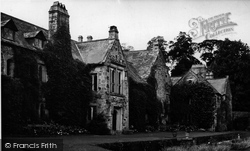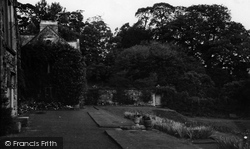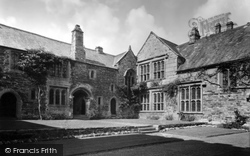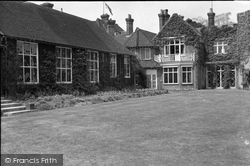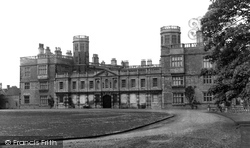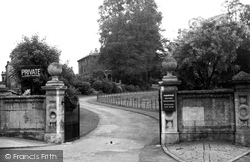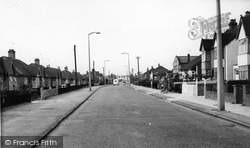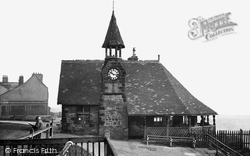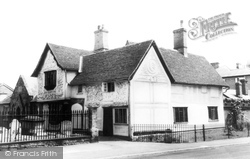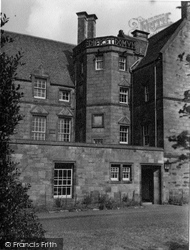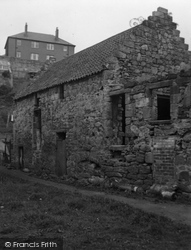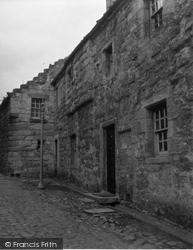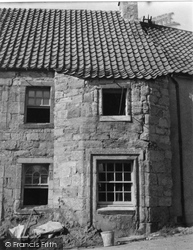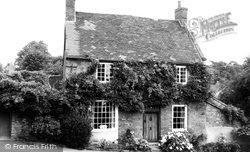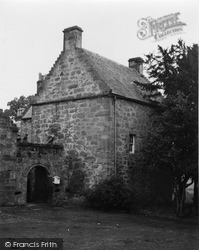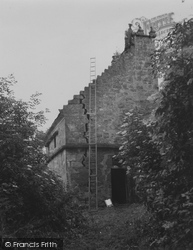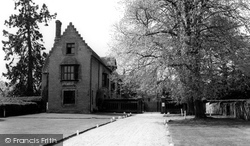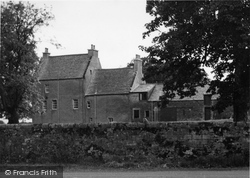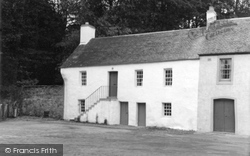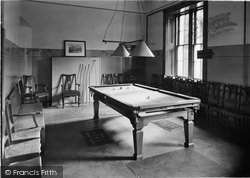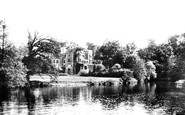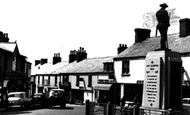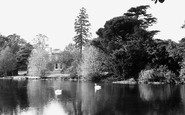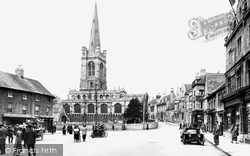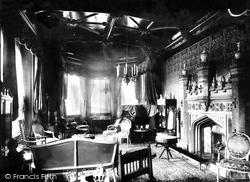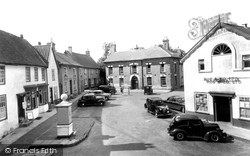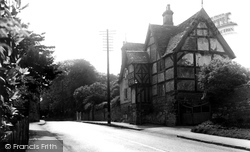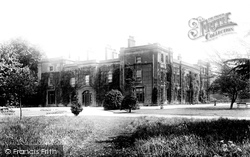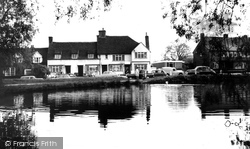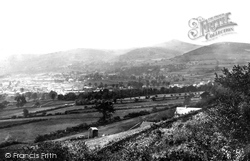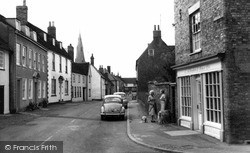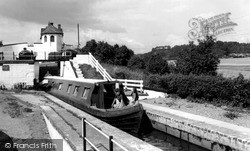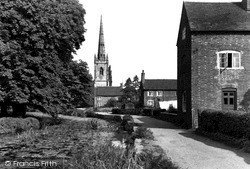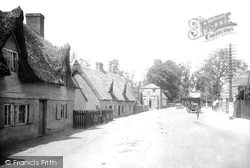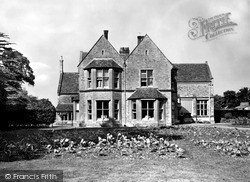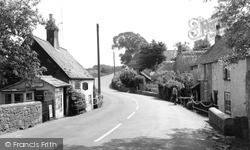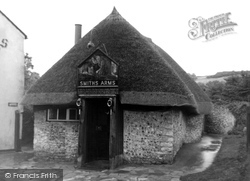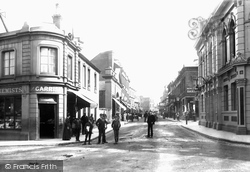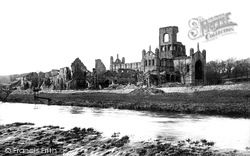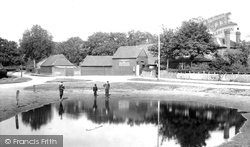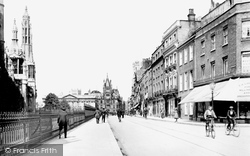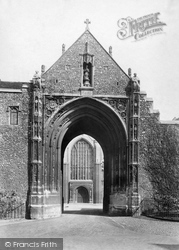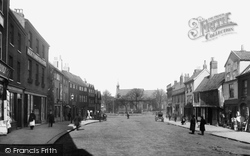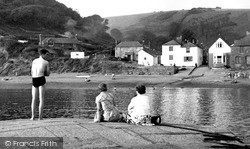Places
36 places found.
Those places high-lighted have photos. All locations may have maps, books and memories.
- Chatsworth House, Derbyshire
- Osborne House, Isle of Wight
- Brambletye House, Sussex
- Ickworth House, Suffolk
- Kingston Lacy House, Dorset
- Boscobel House, Shropshire
- Preshute House, Wiltshire
- Bolton Houses, Lancashire
- Brick Houses, Yorkshire
- Quaking Houses, Durham
- Water Houses, Yorkshire
- Bottom House, Staffordshire
- New House, Kent
- Mite Houses, Cumbria
- Lyneham House, Devon
- Church Houses, Yorkshire
- Dye House, Northumberland
- Spittal Houses, Yorkshire
- Street Houses, Yorkshire
- Tow House, Northumberland
- Halfway House, Shropshire
- Halfway Houses, Kent
- High Houses, Essex
- Flush House, Yorkshire
- White House, Suffolk
- Wood House, Lancashire
- Bank Houses, Lancashire
- Lower House, Cheshire
- Marsh Houses, Lancashire
- Chapel House, Lancashire
- Close House, Durham
- Guard House, Yorkshire
- Hundle Houses, Lincolnshire
- Hundred House, Powys
- Thorley Houses, Hertfordshire
- School House, Dorset
Photos
7,776 photos found. Showing results 1,681 to 1,700.
Maps
370 maps found.
Books
1 books found. Showing results 2,017 to 1.
Memories
10,360 memories found. Showing results 841 to 850.
Sunday Mornings
My mother in law, then Marie Elizabeth Burston born 1921 in Wales, whilst in service at Hartlebury House used to go to church every Sunday morning. The postman played the big organ. Every morning she had to give him and the gardener ...Read more
A memory of Painswick in 1930 by
Waifs And Strays Society
From approximately 1939-1945 the house was taken over by the Waifs and Strays Society becoming a home for 40 boys. They had moved from Chislehurst, Kent. The house was also used as a landmark by German bombers during their attacks on Coventry.
A memory of Warwick in 1940 by
Coopers And Booths
My Great, Great Great Grandfather, William Booth, used to push a cart up and down the streets of Clayton le Moors with his son John Booth, selling shellfish. He was known as 'Muscle Bill' and his son, 'Oyster Jack'. (This is ...Read more
A memory of Clayton-Le-Moors in 1890 by
Summer 1980
My memories of the heath are from 1980 when my mother - Kathleen (Topsy) Whybrow and father bought me and my brother to the heath in the summer of 1980 for five months. My parents had emigrated to NZ and gave myself and my brother ...Read more
A memory of Hatfield Heath in 1980 by
Stepping Back In Time
It started when my mother was dying, when we asked her about the family history, and she gave us names and dates. Her family came from France in late 1500. They were Hugenots and they were Puritans, and were chased out of ...Read more
A memory of Cinderford in 1995 by
My Family Of Anderson In Stokenchurch
I would like to remember all the members of the Anderson families in Stokenchurch. My mother was Bertha May Anderson, daughter of Abel and May Anderson. Abel's brother Harry had a chair factory in Stokenchurch ...Read more
A memory of Stokenchurch by
The 50s At School
I remember starting school at the 'old' school and then after 3 years moving to the new school - it seemed huge and daunting and many of us got lost in the first few weeks. Pyrford was great to grow up in then - we had fields to roam ...Read more
A memory of Pyrford in 1959 by
Greys Drapers
Grandfather William Grey owned a number of shops in Wingate, Co. Durham one was at 47 North Road West, Wingate, it was a drapers shop. Grandfather died in 1962, his last remaining shop was closed by my mother Winnie England and made into ...Read more
A memory of Wingate in 1957 by
Oakmere
I have found a painting of Oakmere House, Potters Bar dated 1935. I believe the house is now a Beefburger Resaurant. There is a clearer view of the house from across the lake, there is the large pine tree & smaller trees on the right ...Read more
A memory of Potters Bar in 1930 by
Fedsden
Fedsden a large white house just outlying the nearby hamlet of Roydon. Was it to become the nursing Hospital of the 1940's or a School in the 1950's? Is this the same place that Ralph Fowler was born? Any idea as to the current title and ...Read more
A memory of Roydon in 1900 by
Your search returned a large number of results. Please try to refine your search further.
Captions
6,977 captions found. Showing results 2,017 to 2,040.
To its right Barn Hill climbs gently north-west, a street of almost unspoilt Georgian houses.
This heavy interior is typical of mid-Victorian taste, and its architectural detailing presumably dates from the rebuilding of the house in the 19th century.
Just north of the village is Brewery House, home of Sir William Hooker and his son Joseph.
Dating from the turn of the 17th century, the Key House is probably the best of Castle Donington's vernacular buildings.
The gardens of Haddon Hall are simple a delight, falling in a series of terraces from the house down to the river.
Originally a Tudor house, to the north of the village, the building was remodelled in 1806 by Jeffry Wyatville and given its classical frontage in a manner which was strongly influenced by the work of
To its right Barn Hill climbs gently north-west, a street of almost unspoilt Georgian houses.
This tranquil scene shows the village pond with the reflection of the houses on its surface.
To a current inhabitant, the most striking feature of this view is the absence of houses in the centre.
East Street runs parallel to the High Street, and small alleyways between the houses connect the two.
The delightful whitewashed parapets and the octagonal toll-house of the Bratch Locks. Nearby are the waterworks opened by Bilston's urban district council in 1896.
The village also houses the Atherstone Hunt stables and kennels.
Although only visible from its sign in this picture, the Green Man is a magnificent timbered public house.
Malmesbury Hospital, which was formerly the manor house, was rebuilt in the Tudor style in the late 19th century.
Sea scouts share in this idle scene outside the local public house on a sunny day half a century ago. The New Inn has been the focus of community life in Shalfleet since Victorian times.
Once the village smithy, the inn at Godmanstone is said to be the smallest public house in England. The beautifully-thatched building measures only 20?ft by 10?ft; it is about 500 years old.
Before assuming the role of the first military town in Britain, Aldershot was no more than a pretty village comprising a church, a manor house and several farms, close to an area of open heathland.
Even so the chapter house, cloisters and abbot's lodging are still impressive.
The buildings behind comprise Brown's butcher's shop and slaughter house, long since adapted to domestic uses.
In the background is the elegant classically designed Senate House, with Gonville and Caius College just beyond.
Until the later 19th century, houses were built right up to the right jambs of the gateway.
Only St John the Baptist's church and a couple of houses nearby escaped from the bombs intended for the port and the railway station.
On the far right a narrow street separates the old lifeboat house from the white-painted Rashleigh Inn, also in a prime location on the shore.
Until the later 19th century, houses were built right up to the right jambs of the gateway.
Places (80)
Photos (7776)
Memories (10360)
Books (1)
Maps (370)




